Seeking treatment when you are suffering from addiction can be hard. You probably have thought of what your friends and family will say. More importantly, for most people, the question of how long does addiction treatment take is a big issue.
Addiction and the path to recovery is a broad issue. There are so many influencing factors to consider. The variation in these factors means there is no single formula for addiction treatment. Your path to recovery from addiction will be most likely different from another person’s.
The timeline for addiction treatment varies from one facility or expert to another. Approaches are different, and your personality differs. This makes it difficult to estimate how long you should stay in rehab. However, there are ways around it. With the information in this blog, you’ll be able to estimate how long you will stay in rehab.
This guide explores how long addiction treatment should take. Basically, we will start from the fundamentals of the problem, to what treatment is like and why you should opt for addiction treatment despite the obvious difficulties. To cap it off, we will also explore how long drug rehab takes as well as the influencing factors for this timeline.
Everything You Need to Know About Addiction
You’ll probably find it strange that there are more cases of addiction than there are of diabetes. In fact, about 10% of the population in Canada is addicted to one substance or the other. While addiction is not a condition to desire, there’s no point to hate yourself over it. Teachers, plumbers, CEOs, and just about anybody can suffer from it.
Scientists classify addiction as a disease of the brain; just like asthma is to the lungs. This takes away the status quo of it being a moral failing. The presence of addiction in a person most times is beyond the control of the individual in question. Just like every other condition, it will need some continuous care and management till it wanes out.
What is Addiction?
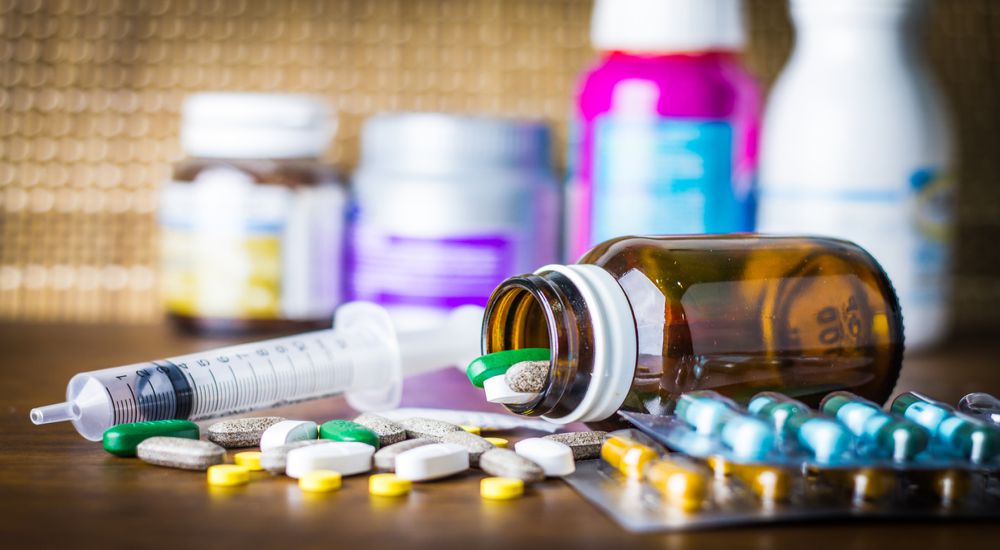
Addiction is complex. It’s a situation in which the brain is subject to compulsive usage of a particular substance despite its detrimental effects. Addiction, in a broader sense, refers to more than drugs. It refers to habits and activities you are not incredibly happy to do but you can’t seem to stop them.
Addiction is something to worry about, as the brain is conditioned to indulge even though you know the damage it does. Addiction is a common scenario concerning drugs. The use of these substances forces the release of dopamine in the brain. The continuous use of the substance and the subsequent release of dopamine raised your tolerance level to dopamine.
Dopamine is a naturally produced substance responsible for feelings of excitement and pleasure. With the continuous use of the substance, your body gets used to dopamine. Hence, the average level of dopamine that causes you to get into high spirits becomes insufficient with time. Essentially, you start needing more and more of it. As a result, you start to depend on the substance that triggers the further release of dopamine.
There are several substances you can become addicted to. These include:
- Alcohol
- Marijuana
- Opioid
- Tobacco
- Cocaine
- Party drugs
- Prescription drugs.
Addiction to these substances can result in a distortion of your thinking. It can also alter bodily functions. The dopamine offers an intense craving for the substance. This is why it’s so difficult to stop.
Several factors may result in addiction. The specific causes vary from person to person. This is why for every individual, there is a difference in how long it will take to finish drug rehab in Canada. Most of the causes of addiction fall into any one of these categories.
Genetics
According to a study, about 40% to 50% of the addiction cases result from genetics. The study goes further to claim that there is a higher chance for the offspring of an addict to become one.
The role of genetics here is not directly reflected in any addiction gene. It’s a result of environmental factors in the guise of exposure. Also, growing up with a view that the substance is normal can result in the offspring being addicted.
Classed under genetics is also gender. According to research, it’s more likely for men to become addicted to substances faster than women. Relapse is also at a higher rate in women than in men.
Stress

Stress is a common cause of addiction in both men and women. This stress can result from work or personal life issues like a bad marriage. This is one reason drug rehab recovery is difficult and best in a location away from home.
Staying with your regular life and trying to recover from drug addiction may be impossible. Everyday life exposes you to stressors that may trigger addiction cravings.
Experience and support
Experience is another major cause of addiction in people. Combining what you experience and the type of support you get can determine if you will continue with drugs or give up totally.
When you lack a support system, it’s possible to slip into depression, leading to continuous addiction. When recovering, having a proper and functional support system is critical. Without it, you man fall right back into the cycle.
Symptoms of Addiction
More often than not, addicts disagree that they suffer from an addiction to a particular substance. However, several symptoms come with addiction to substances. These symptoms can be psychological, social, and physical.
Psychological symptoms
These are the most common symptoms of addiction. When you notice any of these, you should know you are dependent on the substance or activity.
Inability to stop indulging
Whenever you are dependent on a substance or activity, you can’t seem to stop. Giving up becomes unsuccessful. Your will is most likely not enough here. For instance, heroin addiction can be very difficult to stop. This is because the substance is chemically addictive. Withdrawal may also be fatal.
Dependence on the substance despite health issues
When you notice that you can’t stop using the substance despite the health complications that follow, you are addicted. You should seek help.
Dealing with issues
If the substance is your go-to means to deal with issues, you may be addicted.
Social Symptoms
Addiction can also influence your social life, impacting how you relate with others and the other way around.
Sacrificing other activities
When suffering from addiction, you are most likely to give up other activities that once made you happy. This is because those other activities don’t release as much dopamine as you’ll want.
Secrecy and solitude
When you indulge in a substance or activity that you are addicted to, you tend to be more secretive and in solitude.
Denial
Most people with addictions tend to deny having such an addiction. They seem not to be aware of the dependence. Hence, they don’t seek treatment, as they think they can quit whenever they want to.
Physical Symptoms
Some of the physical symptoms of addictions include:
Withdrawal symptoms
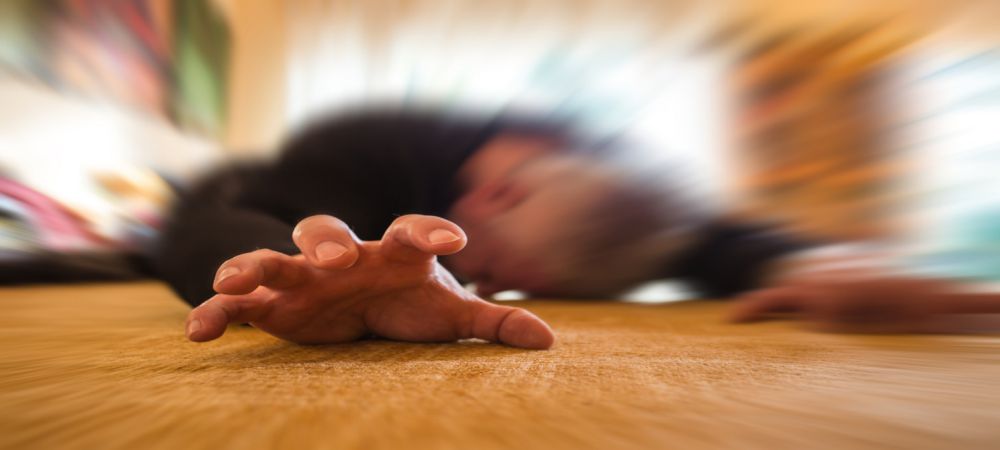
Whenever you don’t take enough of the substance, you may have some physical reactions. This drop-in level is known as withdrawal. These symptoms include:
- Cravings
- Diarrhea
- Seizures
- Sweat
- Trembles, etc.
Change in appetite
Some substances distort your appetite levels. For instance, abuse of marijuana increases your appetite, while the use of cocaine reduces your appetite.
Change in appearance
Abuse of substances takes a massive toll on your physical health. You may start to look dishevelled, haggard, and tired.
How Long Will Drug Addiction Treatment Take?
There are different drug rehabilitation centers in Canada, each one running different programs. Also, how long a drug addiction program is, depends on your choice and budget. Generally, there are four main types of programs concerning duration. You can either go for the;
- 30-day program
- 60-day program
- 90-day program
- Extended program
The primary determining factor to use here is ‘long-term success.’ You should focus on a program that will be best for you. Your therapist will be in the best position to advise you. There is no fixed program. Over the next few paragraphs, we will highlight the factors that affect how long drug addiction treatment will take.
The withdrawal stage
For most substances, addiction doesn’t happen suddenly. There is a process that unfolds where you think you have control of your usage. From the first use to regular use, to risky use, dependence, and finally to addiction. A blurry line only separates the various stages. Hence, it’s challenging to know when to stop. Addiction creeps in, and it becomes very difficult to stop.
However, intense your addiction is, it can always come to an end. The process where you stop the use of the substance is called withdrawal. It’s a very difficult phase, but it precedes any drug rehabilitation process you want to take. You need to stop the use of the substance first. More importantly, it comes with withdrawal symptoms.
The more intense your addiction is, the more intense these symptoms will be. Consequently, the longer it will take to get you into the right shape for drug addiction counselling and other addiction treatment options.
There is no cure for addiction
Some people may need 90-day drug addiction treatment programs. In the same vein, others may need a more extended addiction treatment program. The reason for this is there is no cure for addiction. This can affect how long addiction treatment will take.
There is simply no drug or vaccine you’ll take to stop addiction to a substance. As established earlier, addiction is a disease. You can only tackle it through a series of rehabilitation processes. You can either have a short or long term addiction rehab in Canada. It depends solely on factors and circumstances unique to your condition.
Getting sober is different from staying sober
The possibility of a relapse is part of why the timeline for addiction treatment can get extended. Relapse is commonplace with addicts.
You see, addiction recovery is a lifetime journey. Getting sober – withdrawal – is the first step towards complete recovery. After that, you have a lot to do to remain sober. Technically, you need to make lifestyle changes to be off the hook. Depending on how long it takes you to develop the tools you need to stay sober, the timeline for addiction treatment may increase.
Related article: Top Sober Activities For The Weekend
There is no stone-set process to recovery
Each addict is unique, with unique circumstances. This is why committing your recovery to a specialist is best. From in-person consultations and discussions, the specialist will tailor a suitable process for your recovery.
However, the custom process for your addiction treatment may require more time for addiction treatment. As a result, perhaps the best place to get a response on the timeline for addiction treatment is from your therapist. Depending on the results of your initial consultation session, they will be able to give an estimate of how long addiction treatment will take.
You will need time for emotional healing
Withdrawal can be tough. Technically, with withdrawal, you are losing something that your brain finds so valuable. Hence, you need to be prepared to mentally and emotionally grieve the loss. Despite being a wise decision to give up the substance, your system will throw many tantrums, which you must prepare to weather.
There are several other facts to note. But they all point to the fact that it won’t be a comfortable ride back to normalcy. Part of how long drug addiction treatment will take is a function of your emotional healing process. Through, one-on-one sessions with your therapist, you’ll develop the tools necessary to heal emotionally. However, this process takes time.
Timeline for Addiction Treatment: Stages of Drug Addiction Treatment
There is no fixed timeline for addiction treatment. However, it is important to know that addiction treatment happens in stages. These stages combine to decide how long addiction treatment will take.
Break the addiction
The very first stage of recovering from an addiction is accepting you are addicted to the substance. Once you realize this, the substance or addictive activity begins to make you sad. For instance, someone hung up on cocaine will get depressed and sad once they take the substance.
The remorse is proof that you want to stop. Rather than experiencing this somberness, it’s best to see your treatment through. The time it takes you to come to this decision is a part of your addiction treatment.
You understand addiction better
By subjecting yourself to a professional provider of addiction treatment in Canada, you start to understand it better. This is a part of the reason for addiction counselling and group therapy sessions.
With a better understanding of addiction comes an increased ability and tendency to beat it. Addiction is a disease and by learning it, you will understand why you feel, react, or experience what you do. Furthermore, you will understand your triggers better and the efforts it takes to deliberately manage them.
You build new and better habits
The hallmark of addiction treatment is that you come back better. The community, the professionals, and your resolve all help you pick up better and healthier habits. Addiction recovery treatments can cause a total overhaul of your lifestyle.
Depending on how long it takes you to develop these new habits, the timeline for addiction treatment may increase. However, it’s worth it. Thanks to the treatment, you’ll be able to set better long and short term goals. You set goals for your relationship, your health, your job, and your personal life. All these culminate into helping you become a better person.
Your health gets better
Addiction to substances may create a temporary sense of ecstasy and relief. However, the damage to your health can be massive — in the long run. The accumulative effects can lead to irreversible conditions. Hence, the discovery and treatment of these issues are critical.
The treatment of these health issues also adds to the timeline for addiction treatment. There is no limit to how long addiction treatment should take. In a sense, the journey to long-term sobriety is a daily one. To avoid a relapse, there’s a need to keep at it.
Building relationships

Addictions can cause you to withdraw from friends and family. This is due to the subconscious need to be alone. You want to be alone because you don’t want others to judge you.
This veer away from friends and family, to prevent shame, can affect every area of your life. And since the substance has a firm grip on you, it becomes so hard to go back. Getting professional help eliminates this with time.
No matter how long it takes to finish drug rehab, the relationships you build during and after are worth it. When you are in therapy, you may be placed in a support group. You can also have a support group composed of your family members. In this case, you will get closer and intimate with them. The bond with the family can be wholesome and satisfying. You’ll be grateful for this in the long run.
If you are in a support group with other addicts, you get to make new friends. You’ll be surprised to know that the addict next to you may be the CEO of a Fortune 500 company. With everyone vulnerable and growing out of the abyss together, you can quickly build credible friendships.
You get confident and love yourself more
The whole recovery process involves taking deliberate steps towards bettering your life. At the end of it all, you get used to consciously taking care of yourself. Hence, you come out looking healthier and at your best. In a way, sort of getting a new life, one that you’ll consciously treat with care. You become more confident with work, your finances, etc. You’ll most likely be known for the positive energy you’ll exude per time.
Addiction and Therapy
The question of how long addiction treatment should take stems from the fact that therapy is a big part of addiction treatment. There are no prescriptions to follow. There are no drugs to purchase. Therapy is the primary way out of addiction. Therapy starts with your consultation with a specialist. The process is long, and you need the specialist to guide you through.
As said earlier, an attempt at withdrawal and recovery will take a toll on your physical and mental health. With the help of a professional, you can better manage the drugs and yourself. Therapy helps you identify your triggers, as well as build the skills necessary to manage them.
Some of the common addiction triggers include; stress, environment, social network, etc. Since everyone has a unique situation, you can’t rely on the recovery measures of another person. Your personalized therapy helps you identify what causes your problem and also proffer solutions. With proper counselling, it becomes easier to escape your cravings.
Therapy comes in two forms; individual and group therapy. With most rehabs in Canada, you’ll probably go through the two forms. You may start with individual therapy and advance to group therapy. In some cases, you can jump right into group therapy.
Final Take
There is no standard for how long addiction treatment should take. It all depends on what you can afford and your willingness to follow through with the treatment. This is why this article explains all you need to know about the timeline for addiction treatment. Call 1000 Islands Addiction Rehab & Treatment Centre for addiction treatment programs.
Related article: How Long Does Alcohol Withdrawal Take?
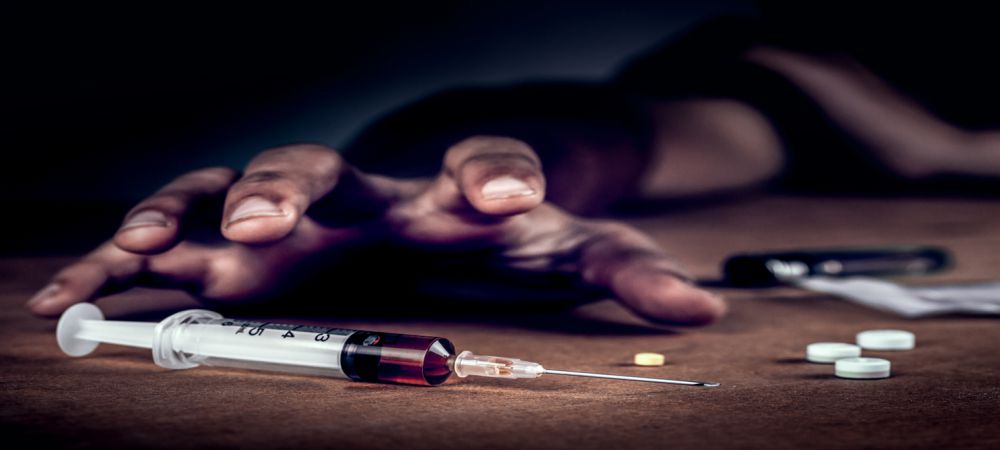
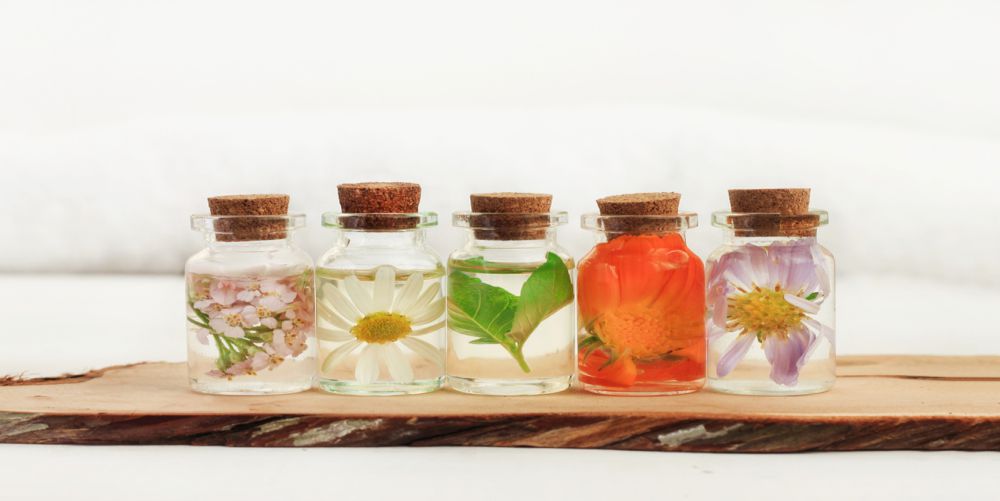

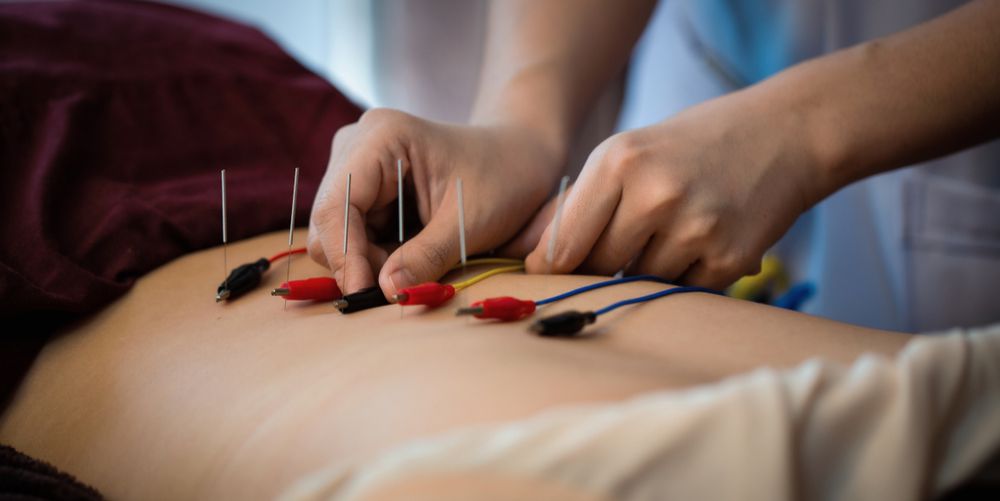

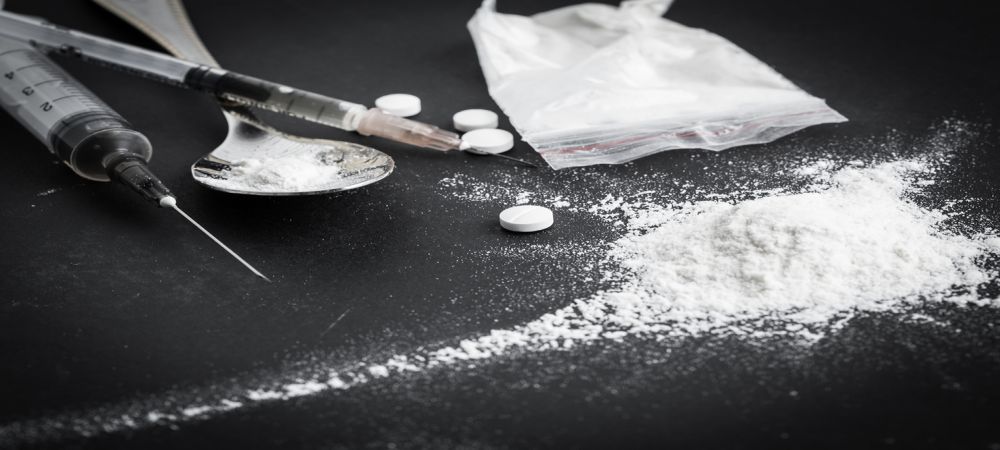






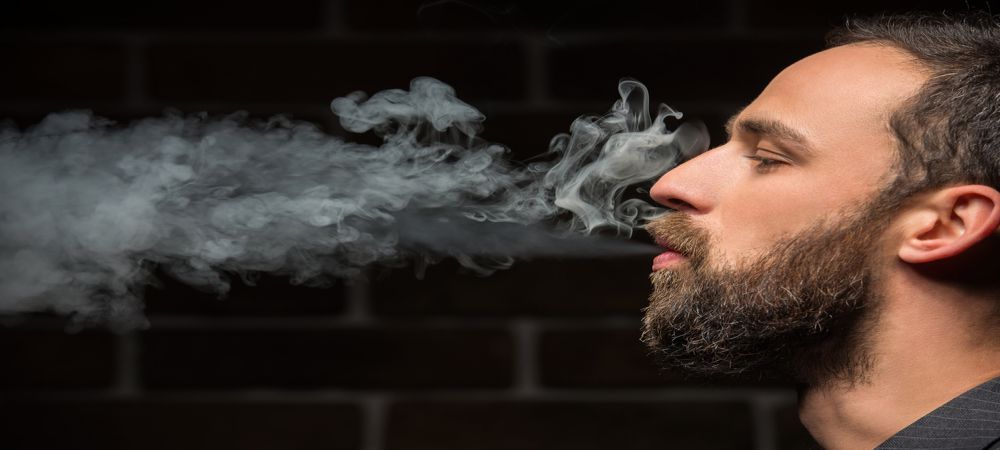
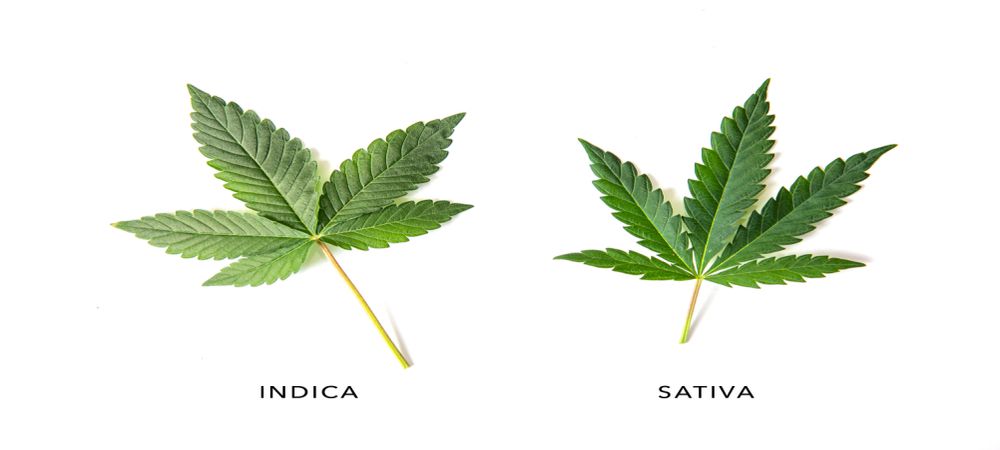


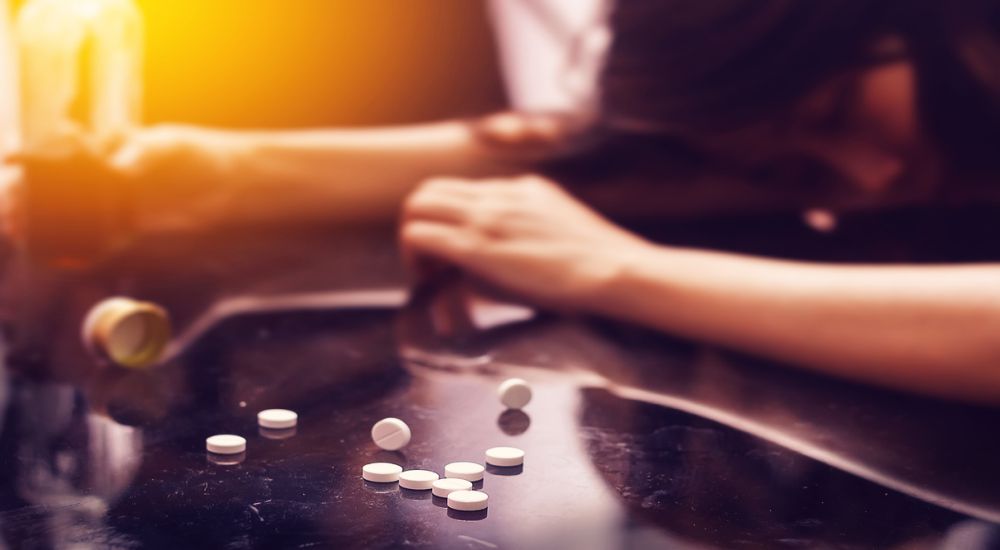
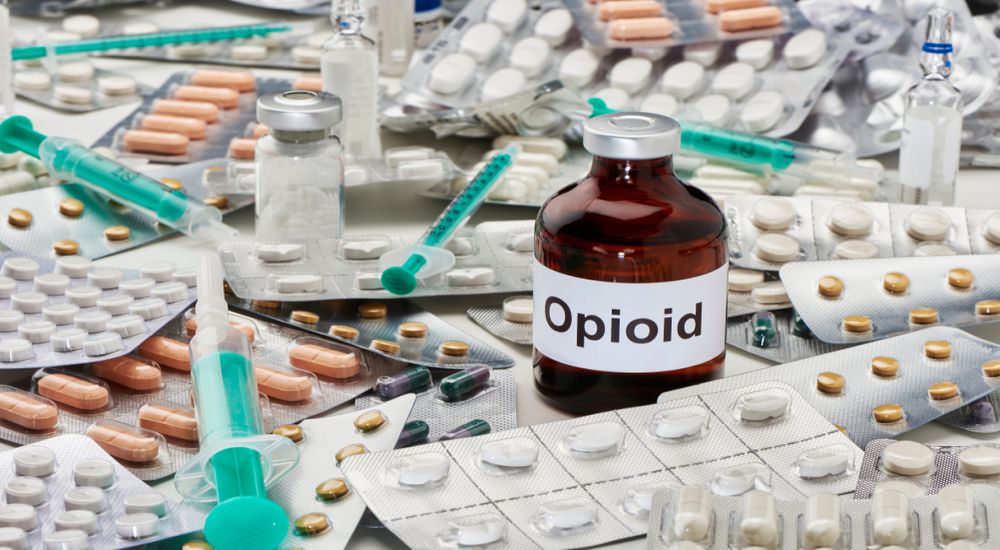
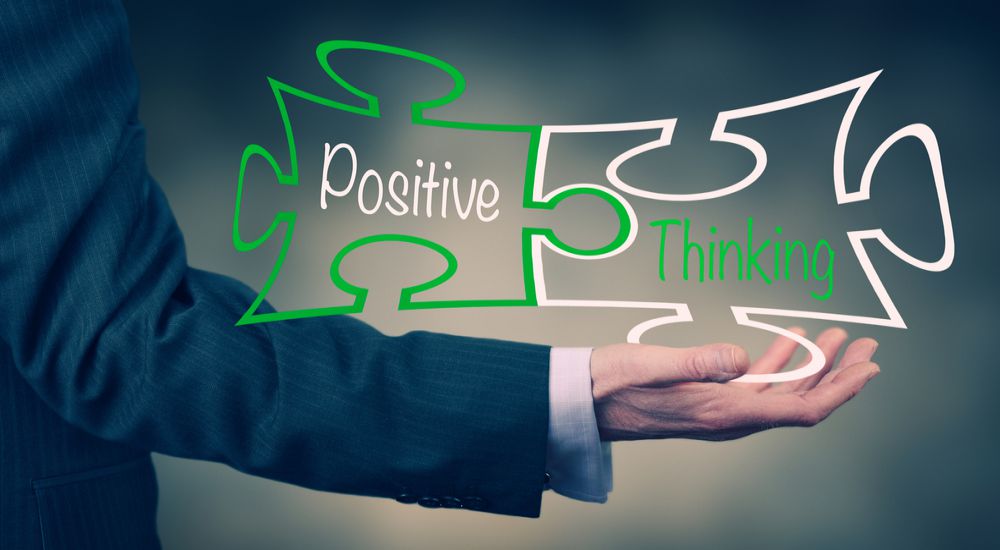

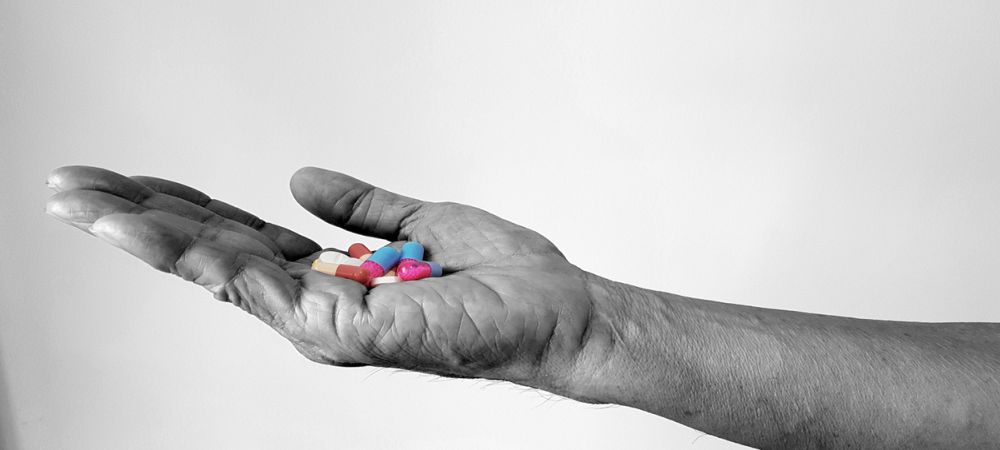


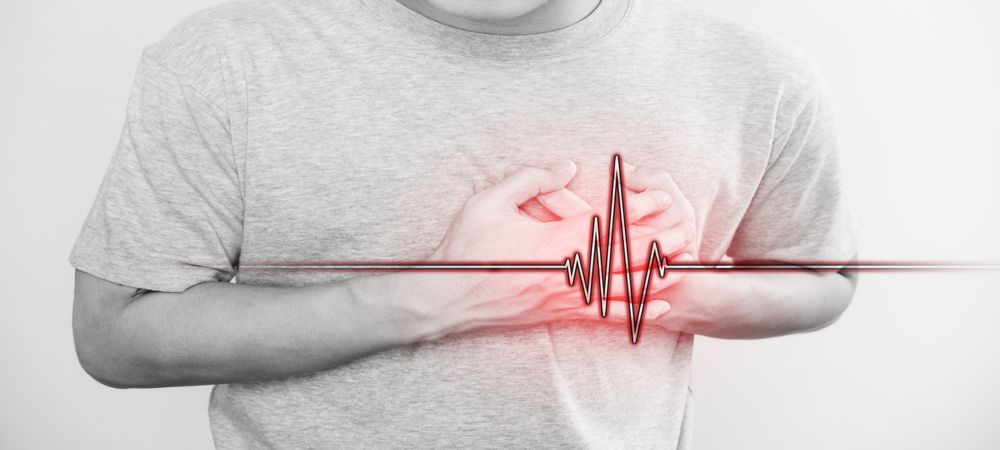

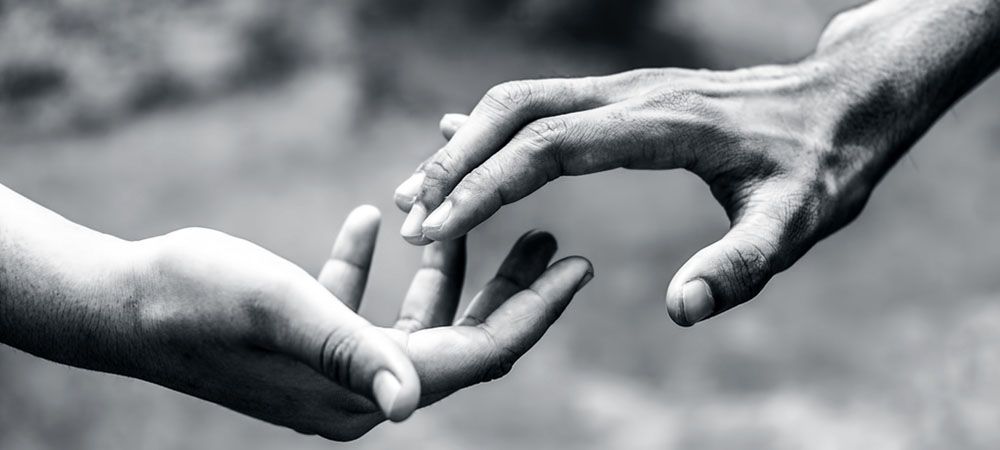

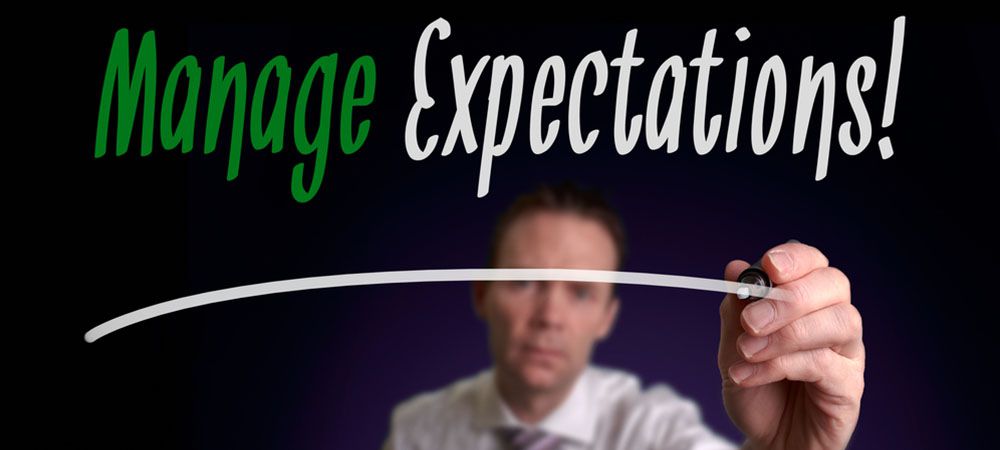


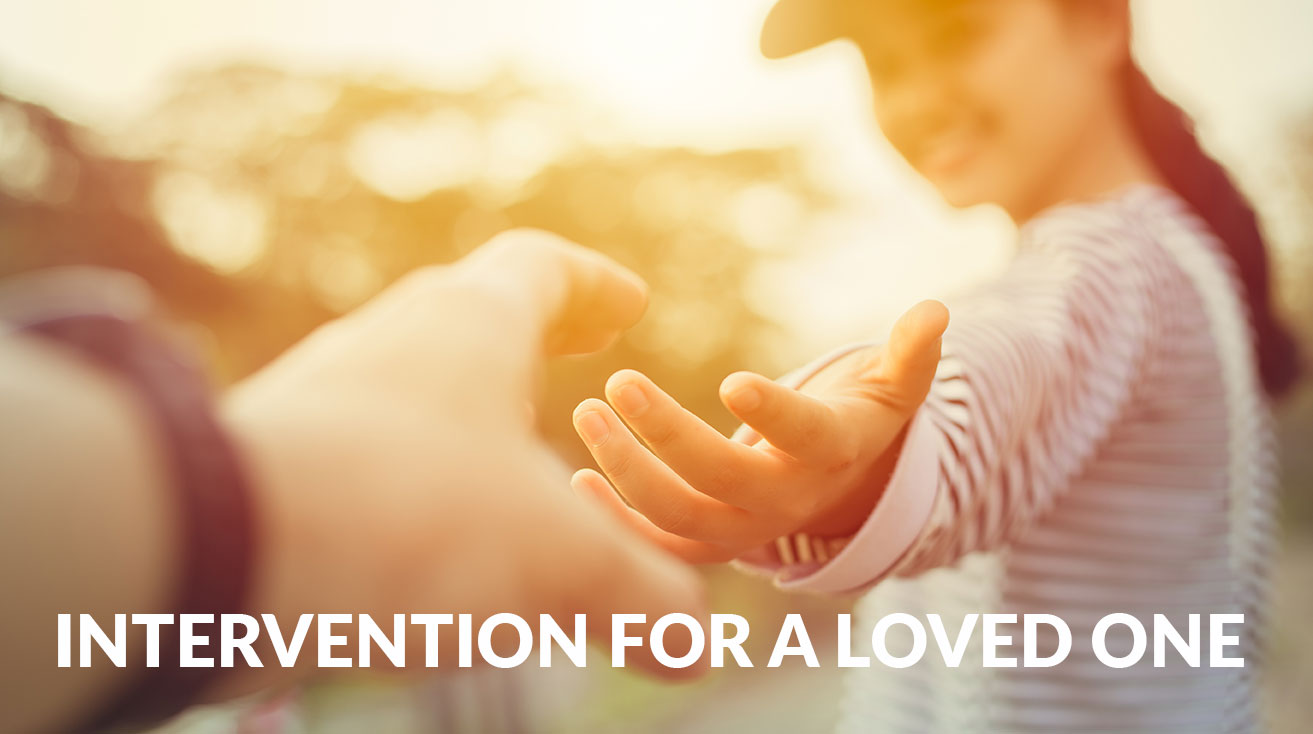
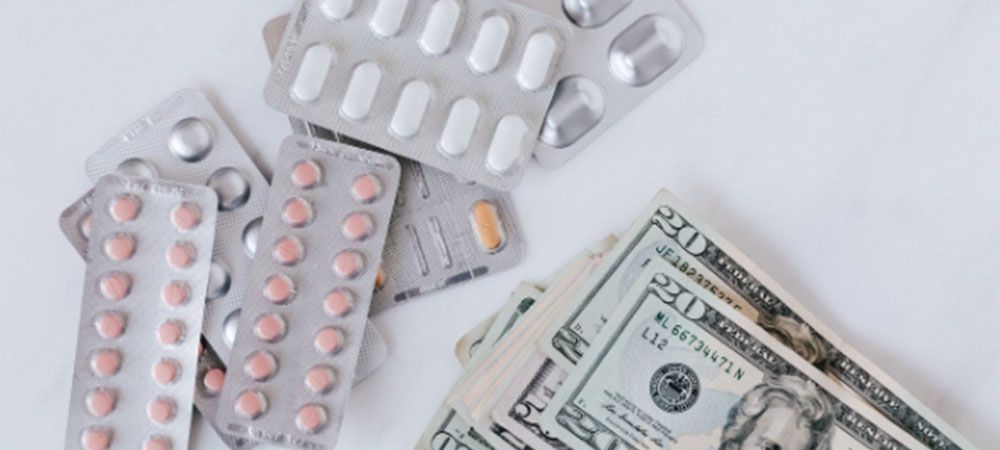



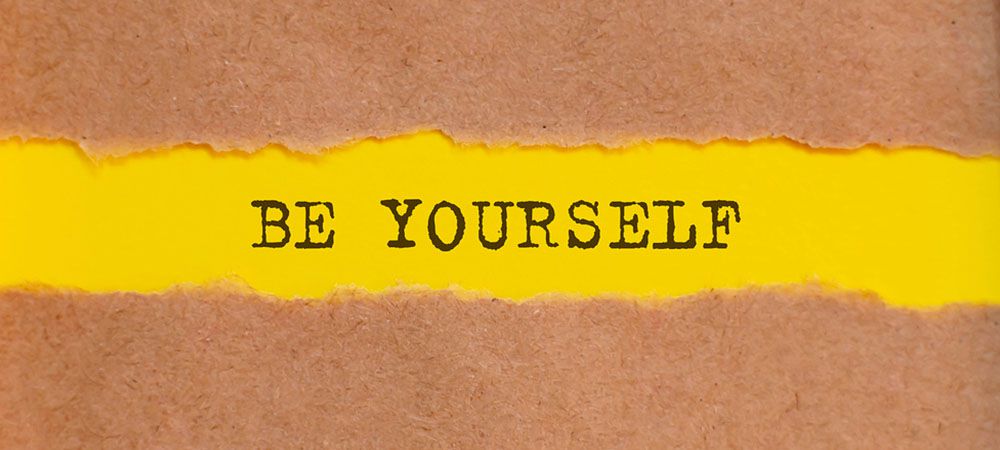


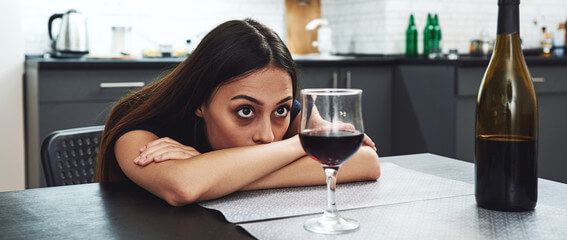 We have normalized alcohol consumption to the point that alcohol abuse is difficult to recognize in ourselves or in others. So while we may think that we’re just always up for having a good time, we may actually be developing alcohol abuse and dependence issues. When we become so used to seeing our neighbour with a beer that we don’t even notice it, they might already be an alcoholic without even realizing it.
We have normalized alcohol consumption to the point that alcohol abuse is difficult to recognize in ourselves or in others. So while we may think that we’re just always up for having a good time, we may actually be developing alcohol abuse and dependence issues. When we become so used to seeing our neighbour with a beer that we don’t even notice it, they might already be an alcoholic without even realizing it.
